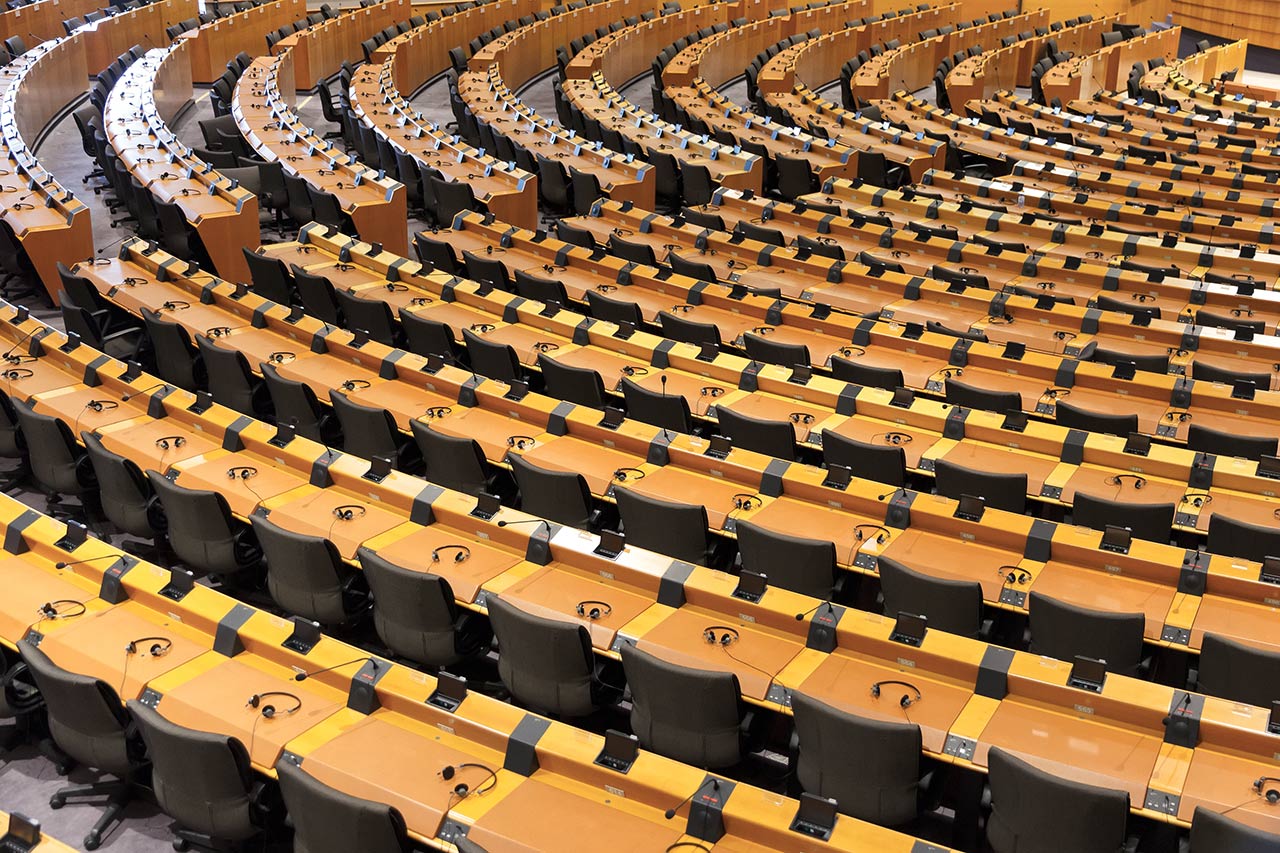The effect of patronage on qualified employees in public service
Patronage and civil servants
Question
The effect of patronage on suitably qualified employees in public service
Answer
Patronage refers to providing certain privileges and benefits in exchange for political support. Although an employee in the public service may be suitably qualified and possess the merit criteria, the patronage awards such benefits and privileges in exchange for political support. Benefits and privileges can include, preferential treatment and consideration for grants, appointment to commissions or contracts awards (Cane, 2016).
Thus, it could be said that a public servant will not be influenced and ‘listen’ to the concerns of the public he/she is expected to serve, but the input and pressure from the political body advancing the patronage. As such, qualifications and capability does not form a big part of what a public servant can do and is equipped to do, but what they are instructed to do in accordance with the interests of the political body affording the privileges to them. What this can also mean for a suitably qualified candidate, for instance, is that a less qualified candidate may be appointed for the political views they hold or the political views they are supported to hold. As a result, the public service may not benefit from competent specialists but from less competent public servants that are loyal to the current political regime, as it can be seen in Eastern Europe (Gallagher, 2012).
References
P Cane. (2016) Controlling Administrative Power: An Historical Comparison. Cambridge: Cambridge University Press.
T Gallagher (2012). “The EU Can’t Ignore Its Romania Problem”. The Wall Street Journal. http://www.wsj.com/articles/SB10000872396390443792604577572910124653818
